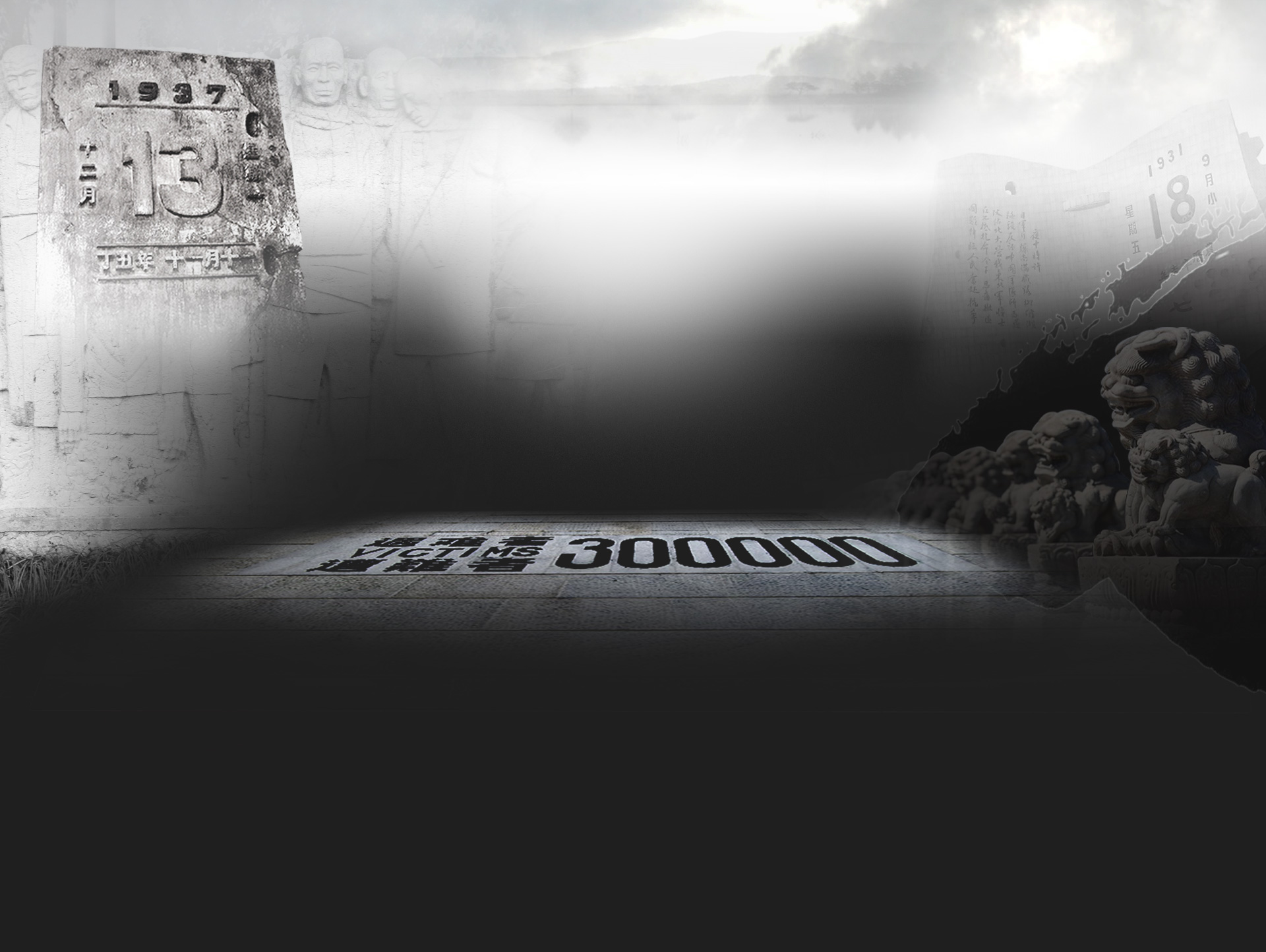BEIJING, April 3 (Xinhua) -- Tokyo cast a shadow over regional peace and stability when its chief cabinet secretary rejected on Sunday Chinese President Xi Jinping's remarks on Japan's invasion of China and the Nanjing Massacre.
Adopting unexpectedly absurd rhetoric, Yoshihide Suga referred to as "extremely unconstructive" Xi's remarks a day earlier that "Japan's war of aggression against China caused more than 35 million Chinese military and civilian casualties."
The secretary refused to recognize the number of the victims, saying that the Japanese government has yet to verify the "various views"
Such remarks as these in blatant defiance of post-war trials and a challenge to both justice and human conscience reflected that the Japanese government, with Shinzo Abe at its helm, is going further down a revisionist path.
Japan's military aggression of its Asian neighbors including China during World War II has been a hard fact well-accepted by the international community.
With the ruling of the International Military Tribunal for the Far East in 1946 and the testimony and confessions of the Japanese soldiers, Japan's wartime atrocities were in the teeth of irrefutable historical evidence.
Still, the Abe administration shamelessly denied the history to encourage the country's already growing rightist tilt, angering not only its victims but also every righteous nation in the world.
Were Tokyo a responsible player, it would nip in the bud the tilt which could jeopardize peace and stability of East Asia. Unluckily, its prime minister, carrying his family's "political DNA," become even a pioneer among the country's rightists.
Claiming building "a strong Japan" his life-long career, Abe has been increasing defense budget to expand Japan's military buildup and conducting war games aimed at grabbing the Diaoyu Islands, an integral part of the Chinese territory.
In the meantime, he has denied Japan's history of invasion from time to time, which is widely seen as a first step to try to rid his country of a post-war system.
The actions and words, instead of making Japan strong, isolated the country from its Asian neighbors.
Abe needs to know that a strong man takes responsibility. To be a responsible player, Tokyo should first acknowledge its past mistakes and free itself from the rightist grasp, which has become a source of instability in the Asia-Pacific region.
